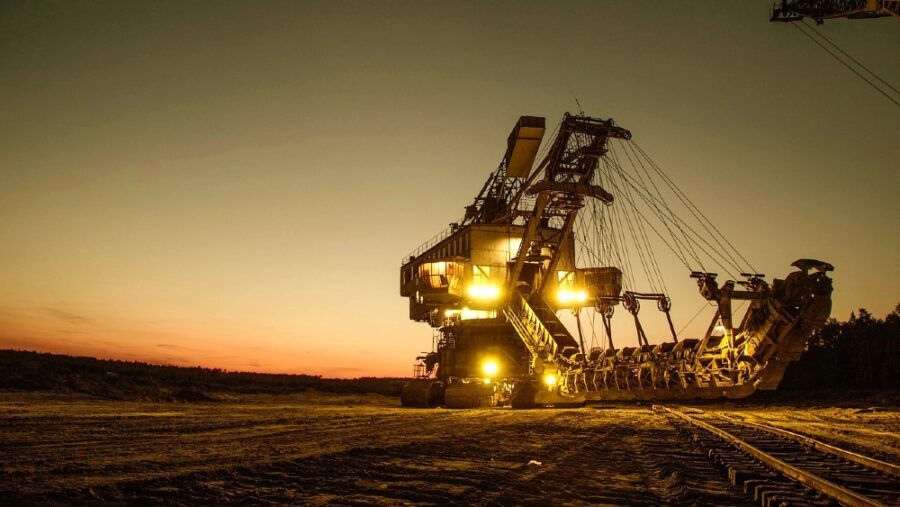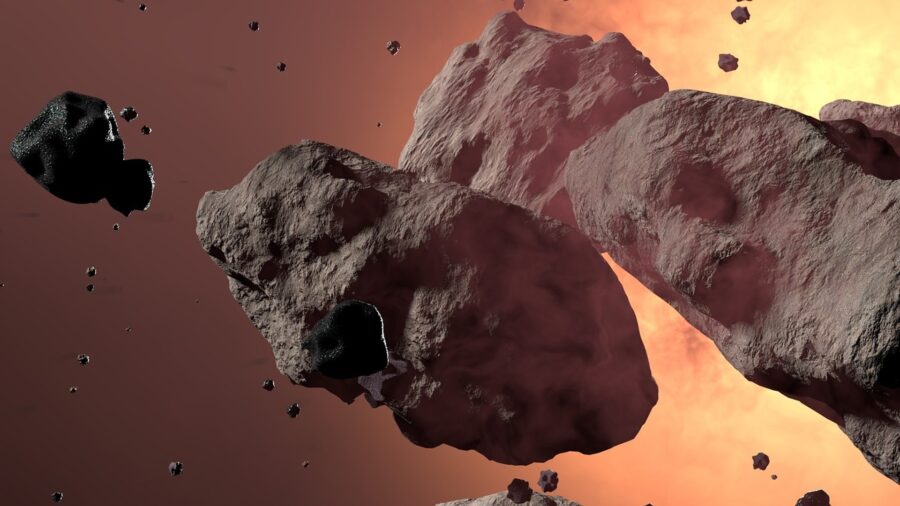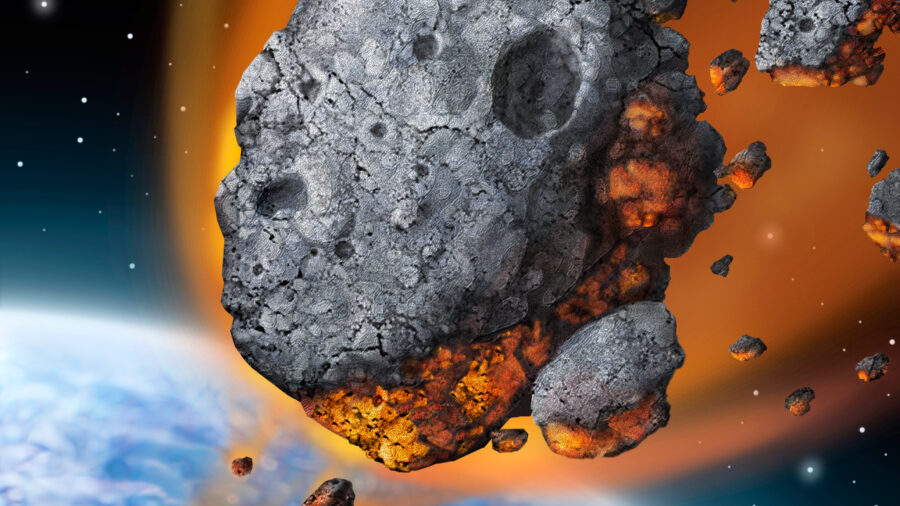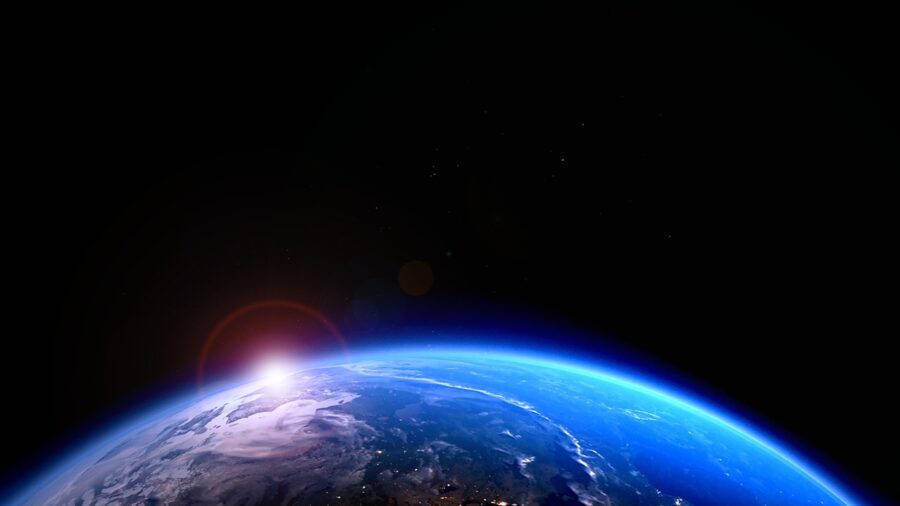Space Is Now Better For Mining Than Earth Itself, Here’s Why

As space exploration becomes more common, companies like AstroForge, Trans Astronautica Corporation, and Karman+ are considering mining valuable resources from asteroids. A recent study by economist Ian Lange from the Colorado School of Mines suggests that space mining could potentially overtake Earth mining in the production of critical metals within the next 30 to 40 years.
Mining Asteroids Could Overtake Mineral Mining On Earth

The implications of space mining are enormous, as it offers a sustainable solution to meet the growing demand for minerals crucial to various industries while minimizing the social and environmental costs associated with traditional mining. The idea of mining asteroids might sound like science fiction, but it is grounded in the potential they hold, ARS Technica reports.
Asteroids Are Full Of Metals

These space rocks are brimming with critical metals such as cobalt, nickel, iron, platinum, and more. Lange’s study reveals that metallic asteroids contain over a thousand times more nickel per metric ton than Earth’s crust. With the increasing need for these metals in electronics, clean energy technologies, and electric vehicles, the prospect of space mining becomes a more attractive option.
Space Mining Is Better For The Planet

The environmental and social costs associated with Earth mining, such as forced labor and ecological damage, have raised significant concerns compared to space mining. The Democratic Republic of Congo, which accounts for 70 percent of cobalt production, is notorious for child labor and human rights abuses. By contrast, asteroids are lifeless rocks, offering a more ethical solution for resource extraction.
When compared to deep-sea mining, which poses environmental risks to aquatic life and fragile ecosystems, space mining also appears to be a more acceptable trade-off to the general public. Still, there are several challenges and ethical considerations that must be addressed before scientists start extracting resources from asteroids.
Space Mining Hurdles

One key challenge is the lack of a legal framework to regulate space mining. Space ethicists are advocating for responsible mining practices that do not pulverize asteroids and ensure equitable resource distribution. The US-led Artemis Accords currently provide a foundation for lunar exploration rules, but more comprehensive regulations are required for asteroid mining.
Before space mining can begin, more comprehensive data regarding potential asteroid targets is needed. This includes understanding the types and quantities of minerals, the technical challenges involved in extracting them, and the complexities of transporting these valuable resources back to Earth. Moreover, acquiring this information is a difficult task.
AstroForge Paves The Way For Space Mining Endeavors

Sending a survey team to asteroids for tasks like taking high-resolution images or obtaining core samples is unfeasible. As a result, companies have relied on data from Earth-based telescopes. But the next crucial phase in making space mining a reality involves sending specialized spacecraft to conduct in-depth examinations.
So far, AstroForge has succeeded where previous endeavors fell short. Headquartered in Los Angeles, the company is directing its space mining focus towards metallic, M-type asteroids known for their rich reserves of platinum-group metals. CEO Matt Gialich reveals that meteorites, which are essentially remnants of asteroids, frequently make their way to Earth. Its strategy involves the retrieval of refined materials from these asteroids by the end of the decade.











